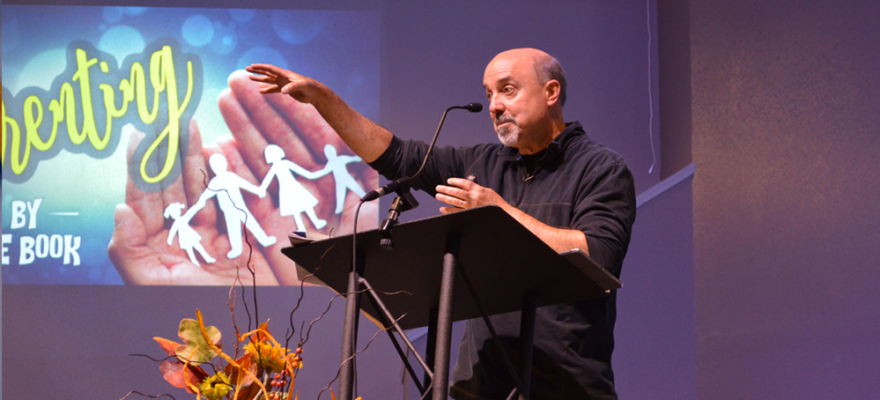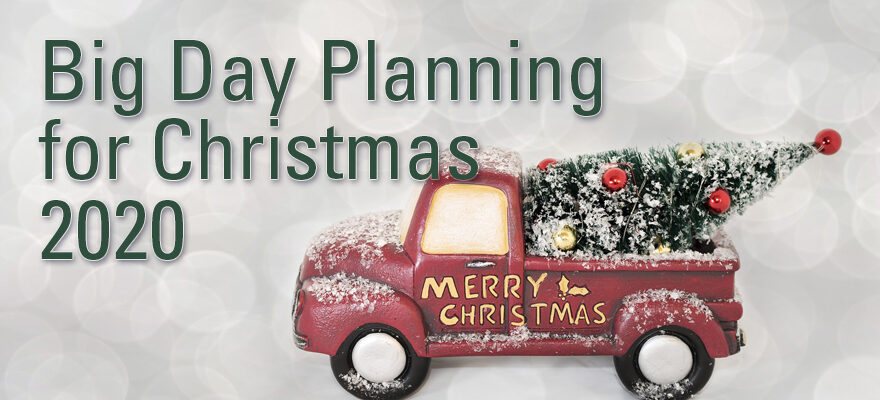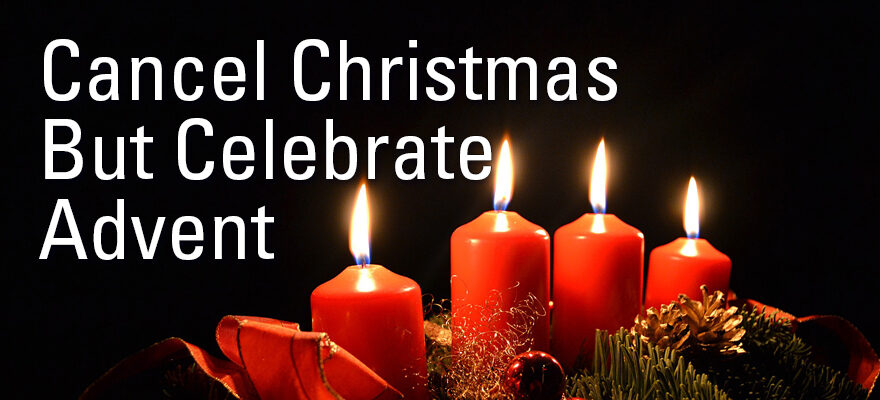An Interview with Barry Cullen & Byron Beck
The average tenure of a pastor in the United States is less than 6 years. In some extraordinary cases, a pastor stays at a single church for all or much of their ministry. Such stability in ministry is not always possible or ideal, but those cases where a pastor spends 30 or 40 years in the same congregation should be celebrated for the commitment to a particular people and a particular calling. Furthermore, these pastors who are called to stay in one congregation for so long have much to teach other pastors about consistency, faithfulness, and intentional freshness in ministry. Byron Beck has been Senior Pastor of Fellowship General Baptist Church in Poplar Bluff, Missouri, since 1987. Barry Cullen has been Pastor of the Providence General Baptist Church in Providence, Kentucky, since 1988. These pastors have seen many changes in their ministry lives. Interim Executive Director Danny Dunivan interviewed them to allow them to talk about their callings and how they have been able to maintain ministry in the same congregations for so many years.
Danny: Tell us about your original sense of calling to ministry. At what moment did you realize you were called to ministry as a pastor?
Barry: I first felt the call to ministry when I was about 14. I was attending church camp, and I believed that the Lord wanted me to preach. I shared with some of the leaders about how the Lord was dealing with me. They prayed for me and encouraged me to go back home and talk to my pastor. However, by the time Sunday arrived I had convinced myself that I was too young for God to use as a preacher and I never mentioned it to my pastor. I was leading music at my home church, and I convinced myself that I was doing enough.
Several years later, at the age of 19, God began to deal with me once again, and I became very burdened. I spoke to a pastor whose opinion I greatly valued. He urged me to follow God’s leading and the next Sunday I announced my calling.
Byron: Calling to the ministry for me, was somewhat “undefined” at first. It began to stir in me about one year after my conversion. I was a senior in high school. I was being discipled through a powerful movement of the Holy Spirit in the McLeansboro First General Baptist Church in McLeansboro, Illinois, and, at the same time, a vibrant high school youth ministry in Carmi, Illinois. I was watching others do ministry and was gradually being invited to serve by people around me. There were two people in particular who saw something in me and encouraged me to listen for God’s voice and His will for my life. It eventually became a slow-growing but unmistakable calling to serve Jesus with all of my life— and, the more I moved into my calling and acted on it, the more it was confirmed for me.
Continue reading

